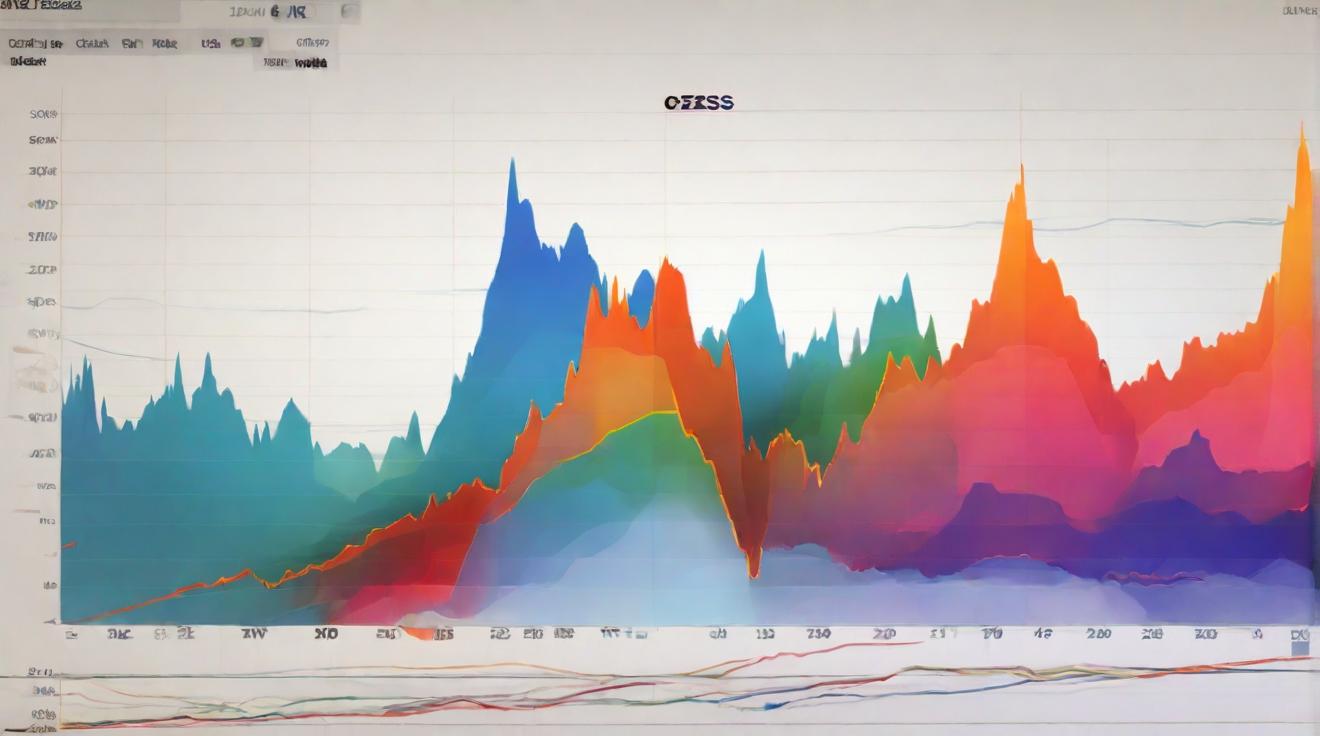Vietnamese Banks Increase SMS Fees to Promote Digital Banking Apps
Vietnamese banks have recently raised their SMS fees in a bid to encourage customers to switch to digital banking apps. The move comes as part of an ongoing effort to promote the use of digital banking services in Vietnam. While three banks have implemented these changes, others have also made adjustments to their SMS charges and services in recent months.
Vietcombank, ACB, and Co-op Bank Raise SMS Charges for Notifications
Three major banks in Vietnam, Vietcombank, Asia Commercial Joint Stock Bank (ACB), and Cooperative Bank of Vietnam (Co-op Bank), have increased their SMS fees in an effort to incentivize customers to download their respective digital banking apps. Vietcombank now charges 10,000 Vietnamese dong (US$0.41) per phone number for less than 20 messages per month, followed by a charge of VND700 ($0.029) per SMS. ACB is charging VND15,000 ($0.62) per month for the first 20 SMS and VND700 for each subsequent one. Co-op Bank has raised its SMS fee to VND16,500 ($0.68) per month and has stopped sending SMS notifications for transactions below VND20,000 ($0.82).
High SMS Charges Prompt Vietnamese Banks to Prioritize Digitalization
The reason for the hike in SMS fees is the high charges imposed on banks by service providers. Vietnamese banks reportedly pay fees for delivering SMS messages at a rate three times higher than the normal SMS charge. Consequently, banks do not earn profits from SMS banking services. As a result, banks have been urging service providers to reduce these fees and have started promoting digital banking apps as a way to provide notifications for free. Encouraging the use of digital banking apps not only saves customers money but also helps banks reduce their expenses in SMS notifications.
Telecom Operators Heavy Burden for Vietnamese Banks’ SMS Banking Services
According to media reports, Vietnamese banks suffer losses due to high charges imposed by telecom operators for SMS banking services. Banks pay higher fees for delivering SMS messages, resulting in significant monthly telecommunications service fees. The Vietnam Banking Association estimates that the banking system in Vietnam is paying hundreds of billions of dong per month in telecommunications service fees. The industry has been calling for reduced fees to alleviate the burden on banks.
Vietnam’s Banking System Urges Reduced SMS Fees from Service Providers
In response to the high charges imposed by service providers, Vietnamese banks have been actively promoting digitalization and encouraging customers to install their digital banking apps. By doing so, banks can send notifications to customers through the app without incurring additional charges. The Vietnam Banking Association, along with individual banks, has been urging service providers to reduce fees and create a more sustainable environment for SMS banking services. The long-term goal is to shift customers away from traditional SMS notifications and towards digital banking apps, benefiting both the banks and their customers.
In conclusion, Vietnamese banks have raised their SMS fees as part of their efforts to promote digital banking apps and reduce costs. By encouraging customers to switch to digital banking apps, banks can provide notifications for free and alleviate the burden of high SMS charges. The banking industry is actively calling for reduced fees from service providers to create a more sustainable environment for SMS banking services in Vietnam.
Analyst comment
Positive news: Vietnamese Banks Increase SMS Fees to Promote Digital Banking Apps
As an analyst, I predict that the market will see an increase in the adoption of digital banking apps in Vietnam. The higher SMS fees are intended to incentivize customers to switch to these apps, which will ultimately benefit both the banks and their customers by reducing costs and improving efficiency. The banking industry’s call for reduced fees from service providers suggests a growing emphasis on digitalization and a shift away from traditional SMS notifications.













